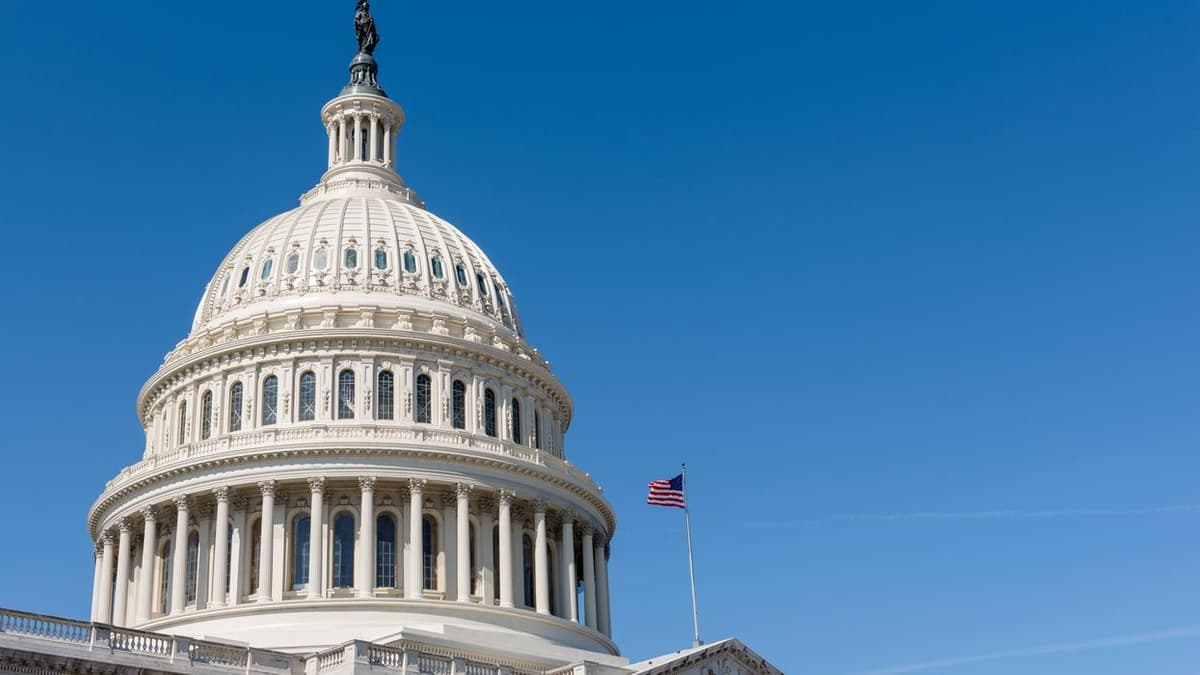
After much back and forth, Congressional leaders have unveiled their massive COVID-19 relief measures. The much needed bill will bring stimulus checks to millions of starving and out of work Americans. But hidden inside the bill, lawmakers have managed to sneak in parts of the controversial copyright CASE Act.
The Copyright Alternative in Small-Claims Enforcement Act of 2019 or CASE Act was introduced with bipartisan support in both Houses, but failed to get enough traction to pass. Now however, they are very likely to become law, despite opposition from public interest groups like the Electronic Frontier Foundation (EFF) and Authors Alliance.
Under federal law in the US, cases of copyright infringement must be pursued only in federal courts. This is a very expensive and time-consuming process, making it an unviable option for millions of copyright owners. That includes independent filmmakers, artists, musicians and designers.
To help, the CASE Act was first introduced by Rep. Hakeem Jeffries (D-NY) in 2016 and 2017. In 2019, it made its way to the House of Representatives and the Senate. The House passed the bill and the Senate Judiciary Committee approved the measure, but it remained stuck.

The Act aims to establish a Copyright Claims Board within the Copyright Office that would mediate any infringement cases. While it doesn’t have the same weight as a federal court, the Board would make it easier for smaller copyright owners to have their cases heard.
Despite reservations, the lawmakers have made their move. The $900 Billion spending bill includes some aspects of the CASE act that are particularly controversial, targeting pirates.
First spotted by Hollywood Reporter, the relief package makes illegal streaming a felony. Hidden in the over 5,000 page bill, Section 211 speaks about “unauthorized streaming”. Anyone caught illegally streaming or profiting of an illegal stream can face a fine and imprisoned for up to 10 years.
Section 212 goes on to establish the Copyright Claims Board with specific reference to the CASE Act. If established, the EFF believes that the claims board would do more harm than good for the artists the act claims to protect.
In a statement, the foundation said: “Under the CASE Act, people could file copyright infringement claims with an obscure body, under the auspices of an office most people have no experience with. And that board could decide that the subjects of those claims owe up to $30,000 for activities as common as sharing memes, images, and videos online. It has no place in must pass legislation.”
Critics also argue that large companies will use the threat of federal court to coerce people to consent to cases in the Copyright Claims Board. Yet, there will be no time or scrutiny to these aspects as the bill is a must-pass to prevent further delays to vital relief.
New York’s outspoken Democratic Congresswomen Alexandra Ocasio-Cotrez did not mince words when she found out about the addition to the bill.
This is why Congress needs time to actually read this package before voting on it.
Members of Congress have not read this bill. It’s over 5000 pages, arrived at 2pm today, and we are told to expect a vote on it in 2 hours.
This isn’t governance. It’s hostage-taking. https://t.co/JpBbEHHkVG
— Alexandria Ocasio-Cortez (@AOC) December 21, 2020
Once passed, the bill has massive consequences for millions of American internet users. Meme sharing could become a felony if companies like Disney try to pursue cases (which they will, because Disney loves suing). Furthermore, there are no judges or juries on the Claims Board, and appeals are limited. That means people could be stuck paying damages up to $30,000 with little recourse.
At the moment, there seems to be little backlash to the move. Music organisations like Artists Rights Alliance (ARA), Music Artists Coalition (MAC), Recording Industry Association of America (RIAA) have all backed the inclusion of the measures.
Internet usage just got harder for millions of Americans. Only time will tell how hard, and how expensive.
Get access to exclusive strategies, hidden tips, and pro-level insights that we don't share publicly.
Ultimate Tech Strategy Guide + Weekly Pro Tips